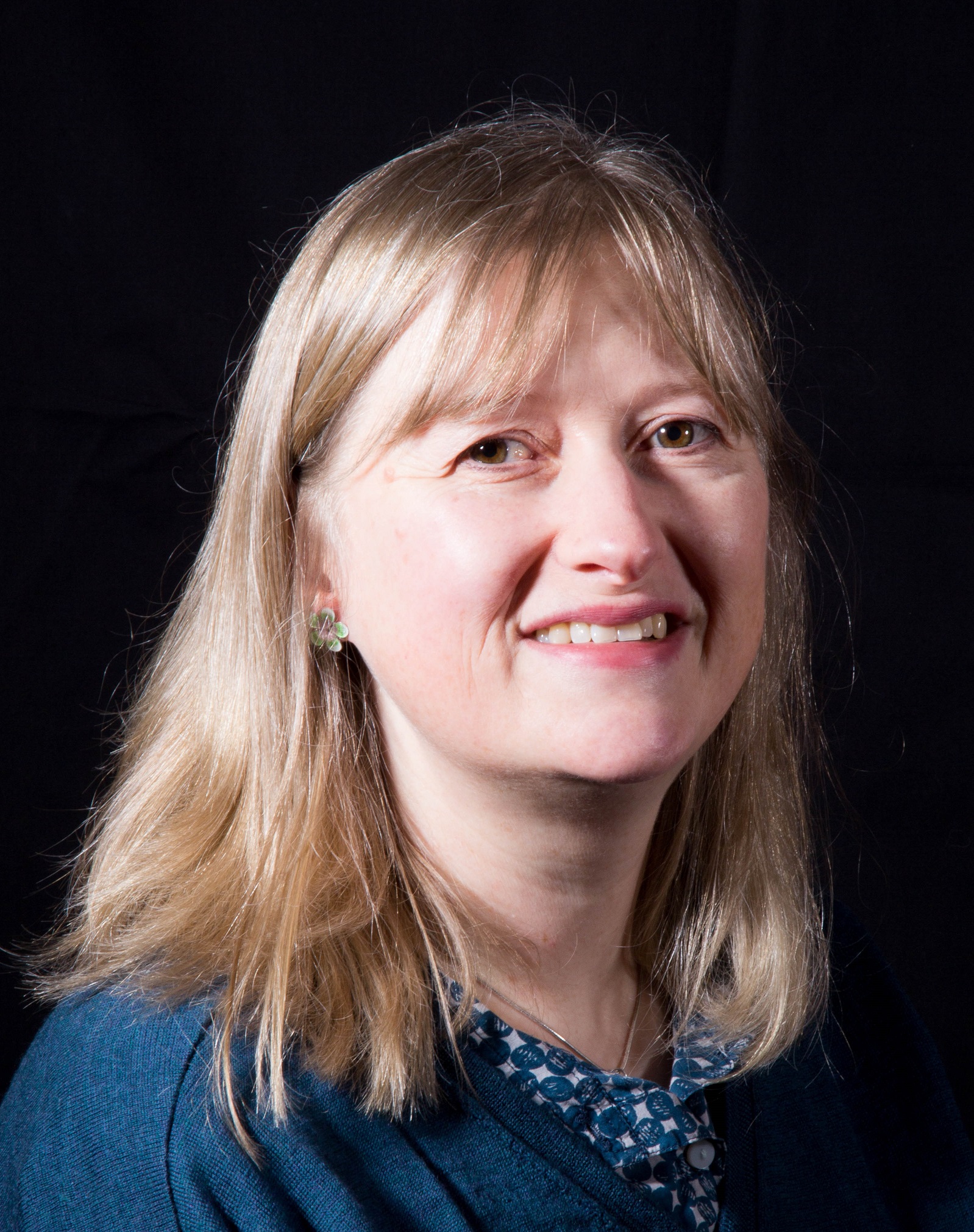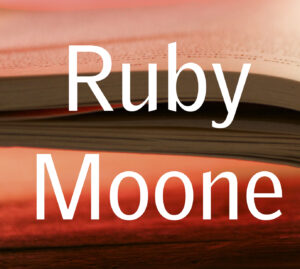Vicki Beeby – The Ops Room Girls
16 July 2020
We are delighted to welcome Vicky Beeby to the blog today to talk to us about her exciting new release, The Ops Room Girls.
Vicky, could you tell us a little more about it?
The Ops Room Girls is the first in a series called The Women’s Auxiliary Air Force. It follows the story of Evie Bishop, a working-class girl who joins the WAAF near the start of World War Two after having her hopes of an Oxford Scholarship dashed. She is posted to the operations room of an RAF fighter station where she befriends two other WAAFs – shy, awkward May and flirty, glamorous Jess. The book is set against the background of Dunkirk and the Battle of Britain and follows Evie, Jess and May’s adventures as they embark upon romances and join the struggle to keep their pilots safe.
 What was the inspiration behind your book? What prompted you to tell this story?
What was the inspiration behind your book? What prompted you to tell this story?
I’ve always loved watching old war films but have always been frustrated that the action mostly centres on men. You would occasionally see women in the background, but you never discovered what they actually did. In particular, I was curious about the women in some scenes in Battle of Britain films, who could be seen pushing blocks around a chart on a large table. When I decided to set a story in World War Two, I knew I had to find out who they were and what they did.
After some research, I discovered that these women were plotters in the Women’s Auxiliary Air Force (WAAF), and they performed a vital role, tracking incoming enemy aircraft. When I learnt that plotters needed an aptitude for maths, I knew I had found the right role for Evie, as I had already decided that Evie was going to be a maths geek. The story took shape from that point, and I Evie became a WAAF plotter during the Battle of Britain.
What is your writing day like?
I get up at 5am and write until 7:30. Then I shower and have breakfast and start the day job, working on the Scrivener technical support team. After lunch I go for a walk or bike ride then either return to my Scrivener work for a couple of hours or write more if I didn’t hit my target first thing—I aim for 1000 words a day but I usually manage more. I invariably find that if I didn’t write anything first thing, it’s a real struggle to get any words down later in the day, so I’m pretty strict with making myself get up. I write Monday to Saturday but I keep Sunday work-free unless I’m struggling to hit a deadline.
Where did your research for the book take you?
My heroine, Evie, is a plotter in the Operations Room of an RAF fighter station during the battle of Britain. I had read about the job but found it hard to visualise, so a visit to the Battle of Britain Bunker in Uxbridge was a huge help. In the exhibition section, there was a mock-up plotting table, where I got to don the same headset the WAAF plotters would have used and try out plotting an incoming raid.
The most exciting part of the day for me was a guided tour around the actual underground bunker used by 11 Group’s Operations Room. It was set up exactly as it was during the Battle of Britain, and the guide gave us a fascinating insight into how the information was filtered from the radar stations on the coast, all the way to individual fighter stations around the country. It was so much easier to describe Evie’s experiences after taking the tour.
I’m also lucky enough to live close to the RAF Museum at Cosford. I’ve made several trips there for background research on the RAF but also to see the Hurricane on display there—the fighter squadrons in the fictional RAF station I write about all fly Hurricanes, so I wanted to get a good idea of what it looked like and how it would have felt to sit in the cockpit, as I’ve included several combat scenes.
What book do you wish you had written?
So many! But if I had to choose just one, I would say Sarum by Edward Rutherford. It follows the story of five families in the area around Stonehenge and Salisbury from the end of the Ice Age to modern times. Knowing how much research is involved in setting a book in just one period of history, I’m in awe of how the author managed to bring every time period to vivid life.
What advice would you give to aspiring authors?
Don’t get so caught up in the desire to find a publisher that you lose the joy of writing. Take the time to experiment with different styles and genres. You might discover that what you really love writing is not something that occurred to you when you started out. If what you write gives you joy, it’s more likely to strike a spark with your readers.
Can you tell us what you are working on now?
I’ve just finished my revisions for book 2 of the series, Christmas with the Ops Room Girls, which is out at the end of September. Right now I’m at the research and planning stage of book 3. This is a leap forward in time to just before VE Day. My heroines will be in new roles, so I’ve got to do a lot of research to learn all about the work they’ll be doing!
About the Author:
 Vicki Beeby writes historical fiction about the friendships and loves of service women brought together by the Second World War.
Vicki Beeby writes historical fiction about the friendships and loves of service women brought together by the Second World War.
Her first job was as a civil engineer on a sewage treatment project, so things could only improve from there. Since then, she has worked as a maths teacher and education consultant before turning freelance to give herself more time to write.
In her free time, when she can drag herself away from reading, she enjoys walking and travelling to far-off places by train. She lives in Shropshire in a house that doesn’t contain nearly enough bookshelves.
Where you can buy your copy:
Amazon: Mybook.to/OpsRoomGirls
Kobo: https://www.kobo.com/ebook/the-ops-room-girls
Google: http://books.google.com/books?vid=ISBN9781800320888
Apple: https://books.apple.com/book/the-ops-room-girls/id1509441974?app=itunes
How to keep up with Vicky:
Twitter: @VickiBeeby
Facebook page: https://www.facebook.com/VickiBeebyAuthor
About the Interviewer:

Ruby Moone lives in the wilds of Lancashire with her husband and writes historical and contemporary romance. At school, her teachers said that she lived with her head in the clouds and if she didn’t stop daydreaming she would never get anywhere. She never did stop daydreaming, and after years of happily living in the clouds, decided to write the stories down.
https://www.facebook.com/RubyMoone/
https://twitter.com/RubyMooneWriter
https://www.instagram.com/rubymoone/



